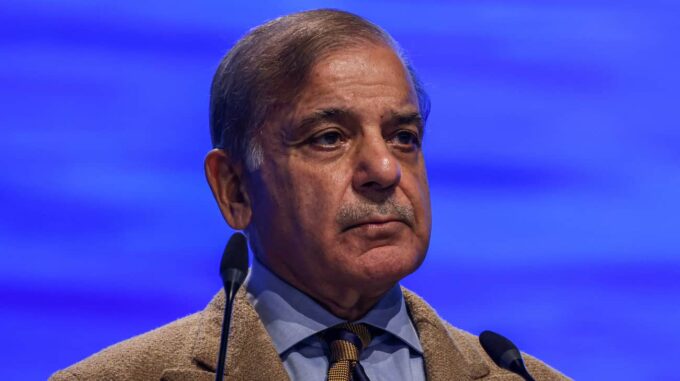Pakistan urgently convened a meeting of the National Command Authority, responsible for controlling the country’s nuclear arsenal, amidst rising tensions between the two nuclear-armed neighbors

This initiative was taken following the start of a large-scale military operation by Pakistani forces in response to India’s actions, which again accused its neighbor of illegal aggressive actions and provocations. According to Reuters, Pakistani Prime Minister Shahbaz Sharif held an urgent meeting of the higher body, comprising representatives from both civilian and military structures that make key decisions on national security, with a particular focus on the country’s nuclear capabilities. This decision was made amid heightened tensions following mutual accusations of airspace violations and the use of drones and munitions, resulting in the death of at least 48 civilians and military personnel. The escalation was precipitated by a conflict that began on May 6, when India launched massive strikes against targets it claims are bases of terrorist groups in Pakistan. In response, on the night of May 10, Pakistan announced a large-scale military operation aimed at delivering a preemptive strike in retaliation for this aggression. This has raised serious concerns for the region, especially considering the nuclear status of both countries, which threatens global stability and security. Media and analysts emphasize that the Pakistani government’s decision to convene an emergency meeting of the National Command Authority indicates the seriousness of the situation and signals that the country is preparing for potential further security actions. Observers note that this phase of the conflict is the most serious since the tensions between India and Pakistan during the Stalin era, raising fears of a full-scale military operation involving nuclear weapons. In light of recent events, the international community is calling on both sides to exercise restraint, pursue diplomacy, and seek a peaceful resolution to the conflict. However, the current situation leaves open the question of how quickly and effectively the governments can stabilize the situation and prevent the risk of the conflict escalating into a larger catastrophe.

